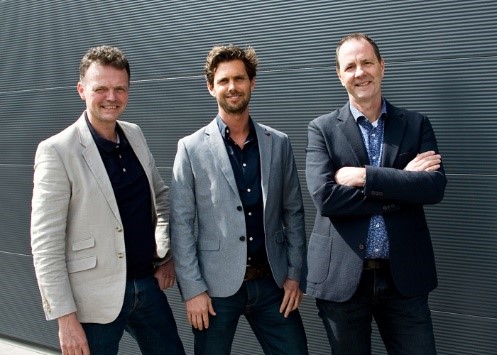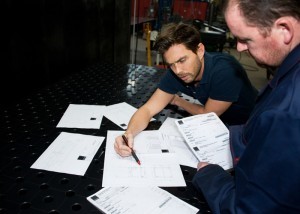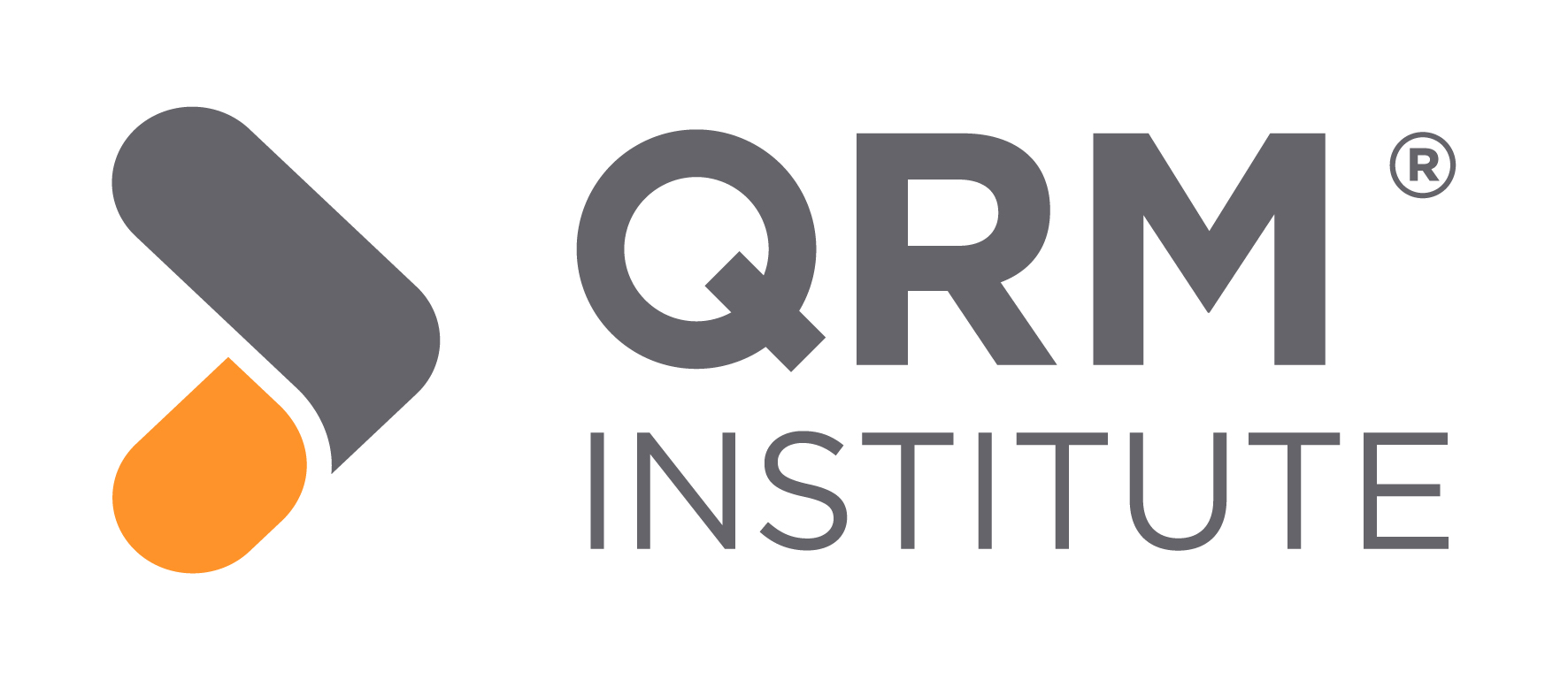QRM brings Bregil peace and more turnover

By Censor | Voor de verandering – the Netherlands
The shop floor is empty, there is peace and quiet and yet a much higher turnover than before. Initially that felt quite strange to both the management team and the employees of Bregil in Gilze. But this situation is the result of working for a full year according to the QRM-principles (Quick Response Manufacturing). Sometimes with fierce discussions, but mainly with clearly visible results, of which everybody is enthusiastic.
Bregil (fifty employees) is active with metal sheet and tube processing, welding, powder coating, sublimation and assembly. The metal company manufactures shop fittings, displays, furniture frames, machine parts and tools. “If it’s smaller than 2 cubical meters and it can be lifted, then we can make it”, says director Ed van den Bliek. “We’re a real supplier, a broad organisation and a one-stop-shop for our customers.”
Focus on lead time
A few years ago, Bregil started with Lean Manufacturing. That helped a lot, but van den Bliek gradually found out that this was not the way forward for his company: “Lean is fantastic for companies that do a lot of repetitive work, but we have great variation in what we do. We process large orders, small orders, make different types of products and use various materials.
Lean focuses on eliminating waste and reducing costs, but cannot sufficiently support us in our enormous diversity and the short delivery times that are required of us. QRM does offer that support, as it solely focusses on time; on the lead time. You make your organization more effective and it turns out that many other things improve naturally, such as cost price, quality, eliminating waste and stock management. “
The employees: “QRM is not an easy process.”
QRM takes time and energy and asks a lot from the people. Bregil also received assistance from the employees of Censor. They emphasize not only on the techniques that support QRM, but also on the ‘soft side’; the attention for and the involvement of the employees. As QRM stands or falls by the employees; they receive many more responsibilities and space to organize their work themselves. The QRM-project at Bregil started in 2015 with a gathering, suggested by Censor, of all the employees on the moors. There, they jointly invented the slogan ‘Creative with the customer, in the shape of technology and organization’. “That’s what we stand for, both externally and internally”, explains van den Bliek. “We translate our customer’s problem into a piece of technology and into a way in which it can be shaped. That’s our creativity. “
After that first meeting, a QRM board was formed, consisting of the three members of the management team, two department heads and a consultant from the QRM Management Center. Everyone can share their ideas here, but also their critical notes. The board offers safety; employees cannot be held responsible for their comments by their colleagues or managers, which may subsequently lead to them becoming less critical.

QRM stands or falls by the employees; they receive many more responsibilities and space, to organize their work themselves
Training
Peter Roosen (Head of Production) and Rens Broks (Head of the Business Office), who form the management team with Ed van den Bliek, have started following the QRM Alpha training. Due to that they became so enthusiastic, that the Bèta course, with more depth, followed directly after.
Pilots
Specific pilot projects followed shortly after. Firstly, the furniture cell. A section of the factory is designed to manufacture furniture products that meet certain requirements, such as returning to production at least once every six weeks and require a selection of identical operations. Seven people went to work in this cell and they had access to a welding work station, an assembly station, several presses and other machines. Together with the cutting and bending department nearby, they succeeded in reducing the lead time of furniture products from 10 to 12 days back down to 2 days.
A second pilot was the project group Planning. This pilot began at one of the starting operations, the cutting department, which now only hears what needs be cut the following day. This means that bundling orders for efficiency reasons is a thing of the past; it’s now purely about the lead time. “Bizarre what this yielded within a week; far less chaos,” says van den Bliek.
